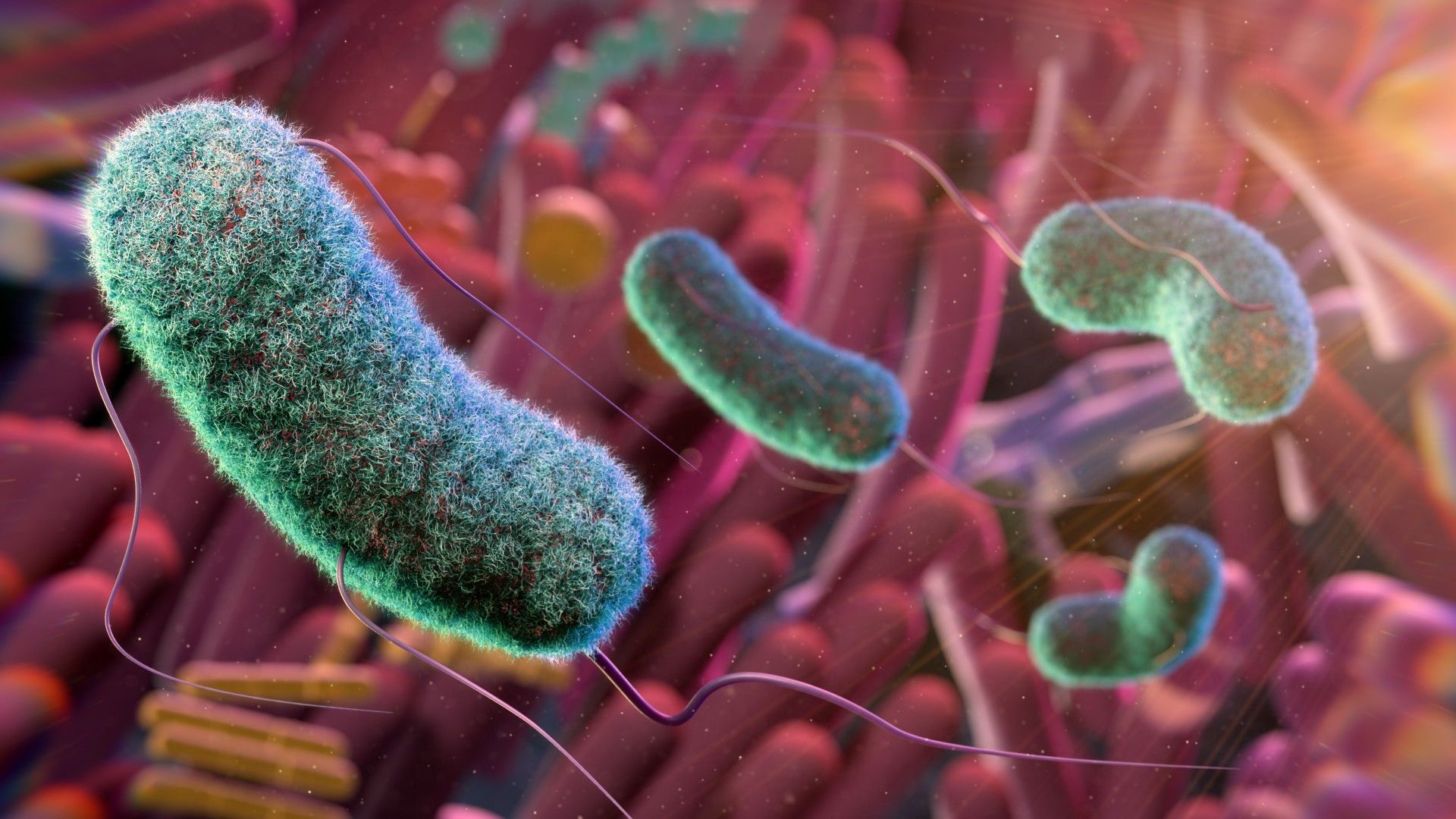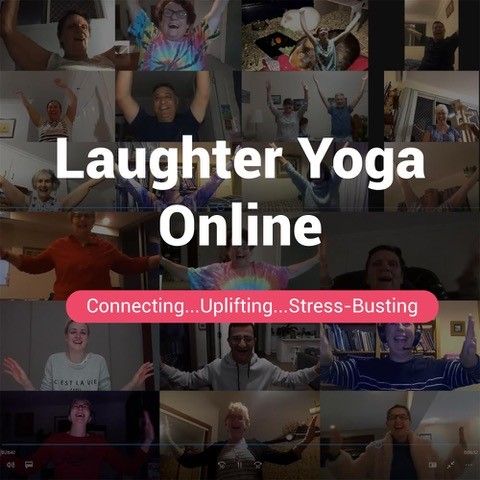
How A Belly Laugh Soothes Mind And Tummy Wobbles
Have you ever been so worked up about a presentation—or an exam, maybe even attending a social event—that you’ve needed to get to the bathroom, stat?
I know I have—and a dodgy bite to eat had nothing to do with it!
With heightened anxiety, our bodies can go into fight or flight mode: the brain sending messages to signal an imminent (if not real) danger. Part of the preparation for danger is speeding up digestion. Maybe you get ‘butterflies’ in the stomach: maybe it’s more urgent and dire…
Have you ever thought to laugh it through?
Imagine becoming a ‘giggle guts’ instead of a ‘grizzle guts’…
At the Second Malaysian Laughter Yoga conference in Johor Bahru recently, Monash University Malaysia associate professor, psychiatrist Dr Sivakumar Thurairajasingam, explained the evidence behind the connection between our gut and our mind and why he is all for socially prescribing Laughter Yoga to patients with anxiety and depression.

The gut-brain axis: chemicals from the gut that affect your mind
The gut-brain axis is the two-way biochemical communication between the gastrointestinal tract and the central nervous system.
Gut health is integral to mental wellbeing, mood and being on an ‘even keel’ emotionally.
Gut microbes produce neuroactive compounds that influence mood, brain function and resilience. Did you know about 90% of serotonin—the neurotransmitter regulating mood, sleep, appetite and cognitive functions—is synthesised in the gut?
“There’s a very close link between the microbes—the good bacteria—that help release the serotonin and help improve mood,” Dr Sivakumar said.
How laughter stimulates gut-friendly chemistry

When you laugh, some extraordinary changes happen.
- Stress hormones, particular cortisol, are wound back.
- Endorphins, nature’s painkiller and mood enhancer, are released.
- Serotonin, dopamine and oxytocin are elevated.
And let’s add in oxytocin, the bonding hormone or “love” hormone, produced in the hypothalamus. Laughter stimulates its activation, encouraging feelings of connection while diaphragmatic belly laughter, encouraged in Laughter Yoga, provides an internal massage, sending signals to the brain promoting relaxation and more positive vibes.
This feedback loop—a true DOSE of ‘happy—helps anxiety abate, relaxes the gut, promotes microbiome balance and supports emotional wellbeing.
Why it matters for mental health
Anxiety and depression are often tied to microbial imbalance, low serotonin and chronic inflammation; laughter can help counteract all these factors!
“We were not born with medication in our hands,” Dr Sivakumar said.
“A group of us tend to believe that while there is a space for medication, it doesn’t heal you: it gets the symptoms better.
“Therapy is needed, and laughter is another therapeutic tool.”
This self-confessed reformed sceptic sees Laughter Yoga as a powerful complementary intervention.
As well as practising Laughter Yoga himself, Dr Sivakumar socially prescribes Laughter Yoga for some patients with anxiety or depression.
“At a laughter club, therapy costs nothing: laughter is free!
“To be able to taper off medication and have the skills to cope and regulate emotions may be just a laugh away.”
Could it be time for you to embrace your giggle? Your gut and mind will thank you.
To find a physical laughter club in Australia, use this link. Online laughter clubs are also free.

Former health journalist HeatherJoy Campbell is a professional laughter yoga teacher/trainer in Queensland, Australia, who works with neighbourhood communities, aged care and workplaces and has 2 laughter clubs in her neighbourhood.